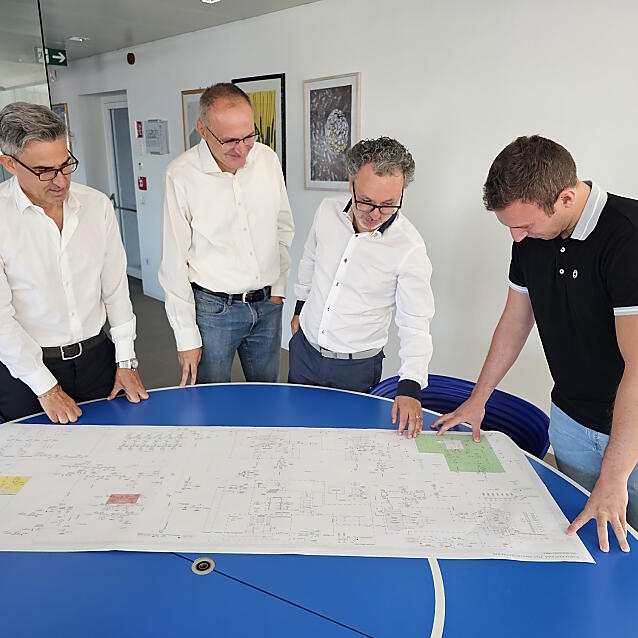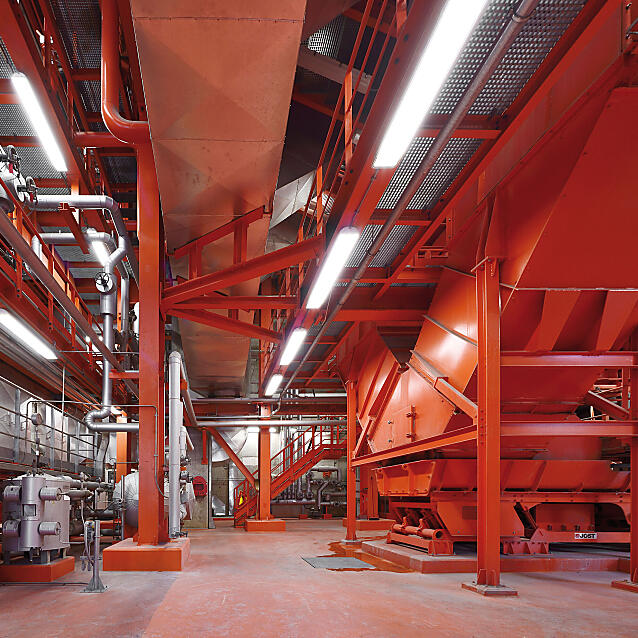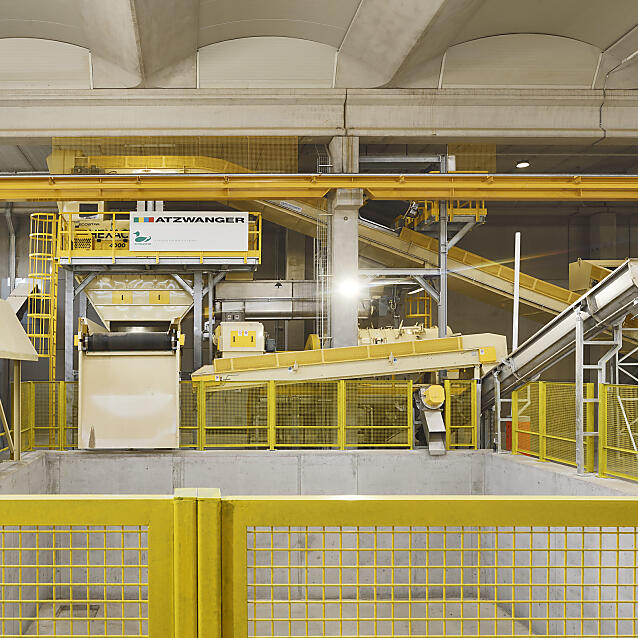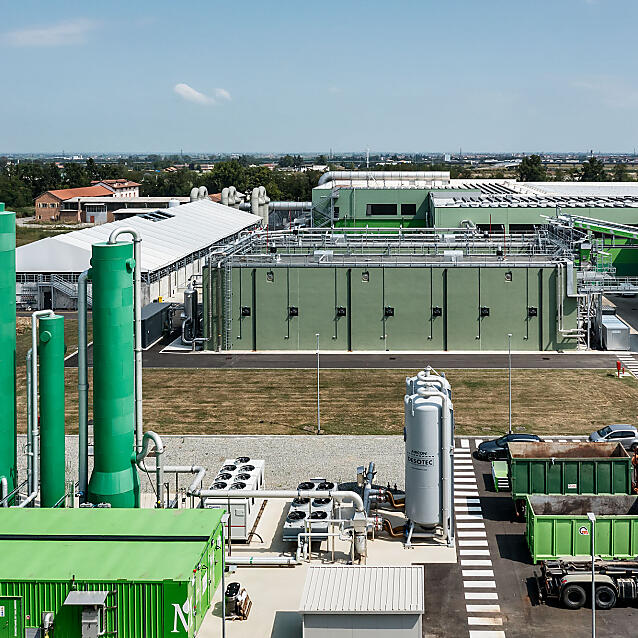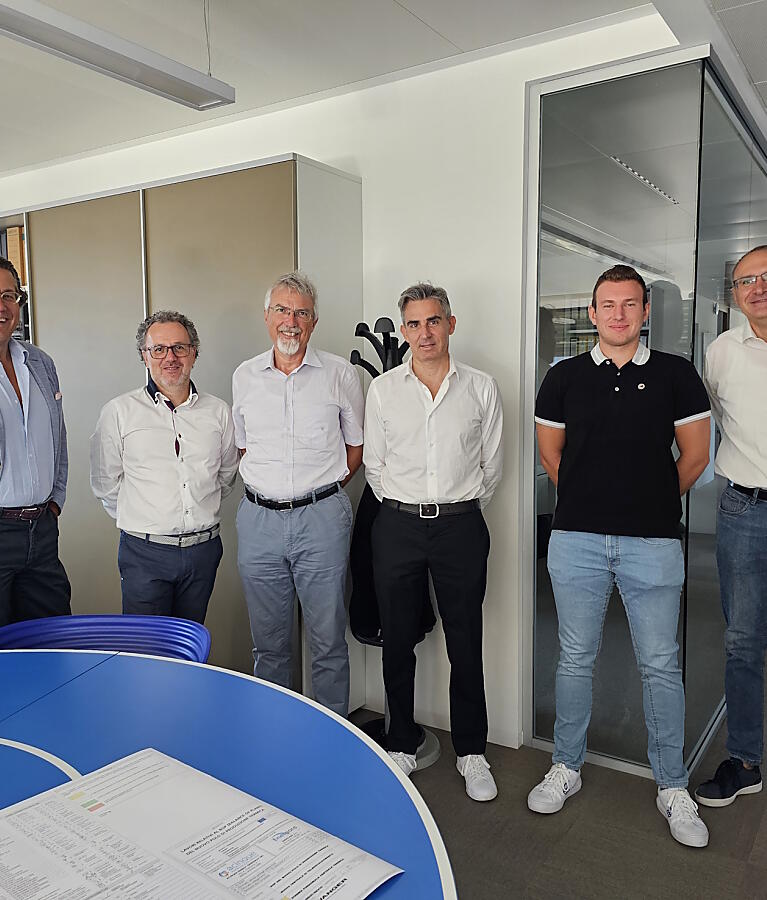
Making the most of it
Modern technology turns waste into raw material
“We all produce waste all the time ... and then we'd like not hearing about it anymore,” says Christoph Atzwanger. But waste does not simply evaporate. We produce almost half a tonne of it per person every year.
Of course, the imperative of the hour is to reduce waste and recycle it. But some of it will always remain. “It is an urban myth that waste will disappear completely,” he stresses.
That's why ATZWANGER has a whole range of technologies in its portfolio to get the best out of the remaining waste. The product range extends from mechanical-biological treatment plants to fermentation and waste incineration plants.
“For us, waste is a valuable raw material.” Christoph Atzwanger says.
Three types of waste treatment and transformation
ATZWANGER offers solutions for mechanical recycling, biological conversion (bacteria do the work) and thermal valorisation.
Mechanical-biological treatment plants are a first step: they separate the waste - what is valuable and recyclable is filtered out. Sorting used to be done manually and is still common in developing countries.
ATZWANGER designs customised, technically sophisticated plants. What can be recycled depends on the context: In some countries, for example, iron is extremely valuable, in others it isn’t - so mechanical-biological treatment plants are designed accordingly. Optical separators are now also being used, which can detect almost unbelievable differences, such as the type of plastic.
When it comes to recycling waste, there are two main streams: organic and inorganic. In South Tyrol, this separation already takes place – in theory – in every household: there is the organic waste bin. If households are conscientious about separating their organic waste and delivering clean organic waste, a proper end product can be created: compost. “However sometimes it would be better to have machines do the separation,” Atzwanger adds with a smile.
In addition to composting plants, ATZWANGER offers another way of recycling organic waste: biogas plants.
That leaves the residual waste, the part of the waste that can neither be recycled nor converted: there is only one way to get something valuable out of it: incineration. On the one hand, it reduces the volume enormously - by 75-80 per cent - and on the other, it generates energy - for example district heating, as in Bozen/Bolzano.
“In the waste treatment sector we are working with two brands,” explains Christoph Atzwanger, “thermal recycling under the ATZWANGER brand and mechanical and biological recycling under the ECOMASTER brand, which is based in Palmanova, Italy.”
